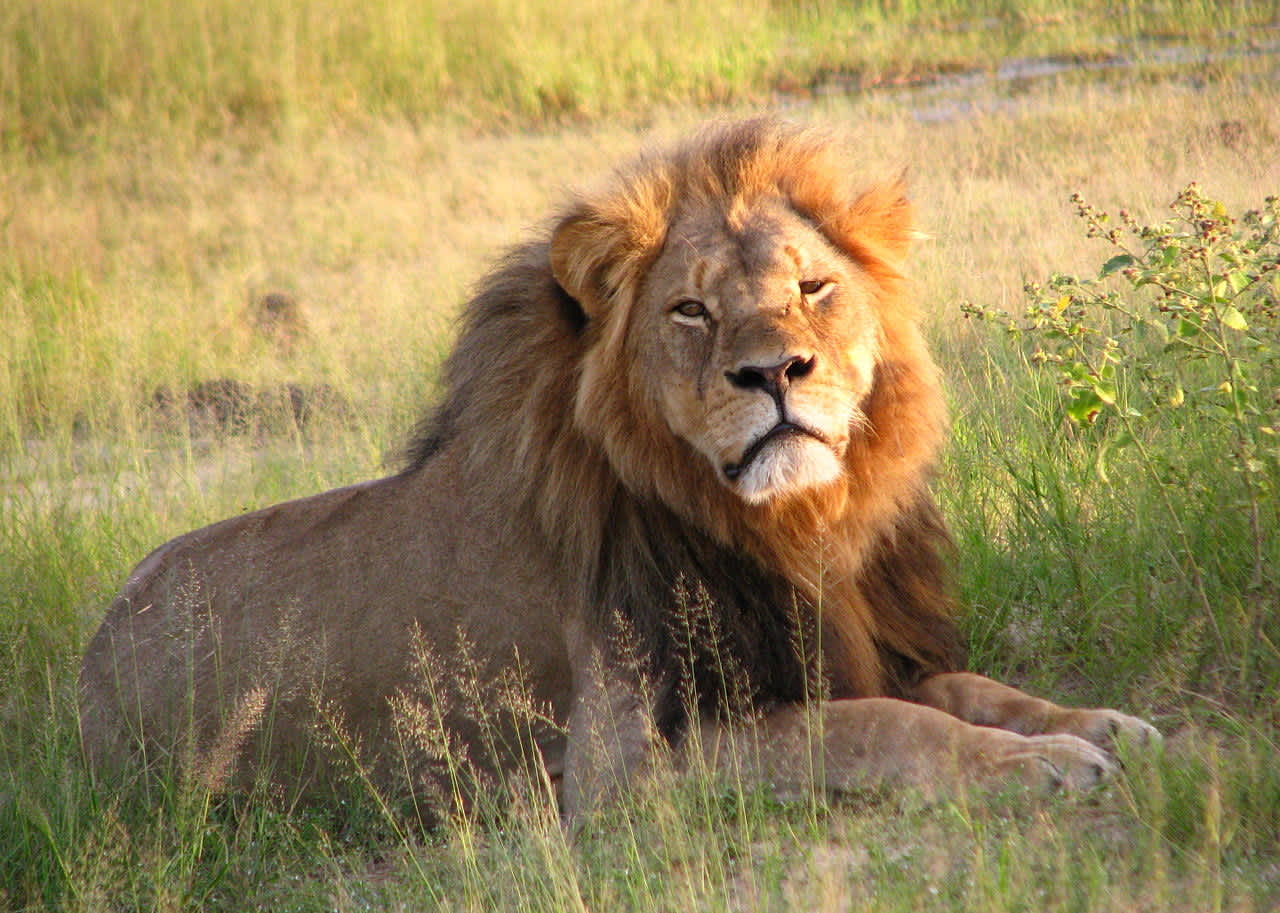Hunting Bans in Africa Affect Rural Residents, Create Havens for Poachers
OutdoorHub Reporters 09.16.15

Calls for hunting bans in Africa are not a new phenomenon, yet with recent events such as the death of Cecil the lion, a popular male lion that the Zimbabwe government claims was poached, many anti-hunting groups are once again urging African nations to close their doors to hunters. In the past these petitions have been mostly ignored, except for a few notable exceptions such as Botswana. Two years ago the southern African nation surprised many of its neighbors when it announced a blanket ban on trophy hunting. Yet instead of increasing populations of wildlife, many critics of the hunting ban said it will instead lead to unemployment, economic turmoil, increased poaching, and perhaps worst of all, even endanger the very wildlife that the ban was trying to protect. While it may be too soon to gauge whether the ban is having any kind of effect on the animals, the financial and social aspects of the policy is already becoming evident.
“Before, when there was hunting, we wanted to protect those animals because we knew we earned something out of them,” Jimmy Baitsholedi Ntema, who lives near Sankuyo, Botswana, told The New York Times. “Now we don’t benefit at all from the animals. The elephants and buffaloes leave after destroying our plowing fields during the day. Then, at night, the lions come into our kraals [huts].”
Rural communities like Sankuyo once thrived off the hunting industry. Funds brought in by foreign hunters, many of them from North America and Europe, meant indoor plumbing, new houses for the poor, and even higher education. The hunts also had another important benefit: culling dangerous and overpopulated animals. Now that the hunters are gone, so was the money. In their place are more animals that encroach ever further into human territory. Additionally, poachers have stepped in to fill the void.
Villagers in Sankuyo have taken it on themselves to cull aggressive wildlife, but they kill only a handful of animals per year. Poachers on the other hand, are taking advantage of the now-empty game reserves and national parks to hunt elephants. Botswana has roughy a third of all the elephants in Africa, and that means a treasure trove of ivory for opportunistic poachers. Officials have already discovered signs of increased poaching in areas which used to cater to foreign hunters. These are places that are rarely visited by camera tours, which Botswana’s government has greatly encouraged as a substitute to hunting. Unfortunately, critics say that photographic tours only provide a fraction of the income that hunting did, which means less funds for the rangers patrolling wildlife areas.
Researchers at South Africa’s North-West University even compared Botswana’s hunting ban to that of Kenya’s, which began in the 1970s and has been highly controversial among conservationists.
“Kenya followed the same path. They also banned hunting and currently have a huge game poaching problem, so much so that some of their species face total extinction,” said Melville Saayman, a professor at the univeristy’s Potchefstroom Campus. “The strategy proposed by Botswana is short-sighted and is not going to work. Game numbers will decline and this will have a serious impact on the hunting and game farm industry in the country.”
Saayman said that once the wildlife is gone, poachers will then turn to other countries such as South Africa. Despite being one of the attractive countries in Africa for hunters, South Africa is still grappling with foreign poachers and protecting its roughly $400 million hunting industry.
Many rural residents in Botswana are also calling for the government to lift the ban and bring back hunters.

